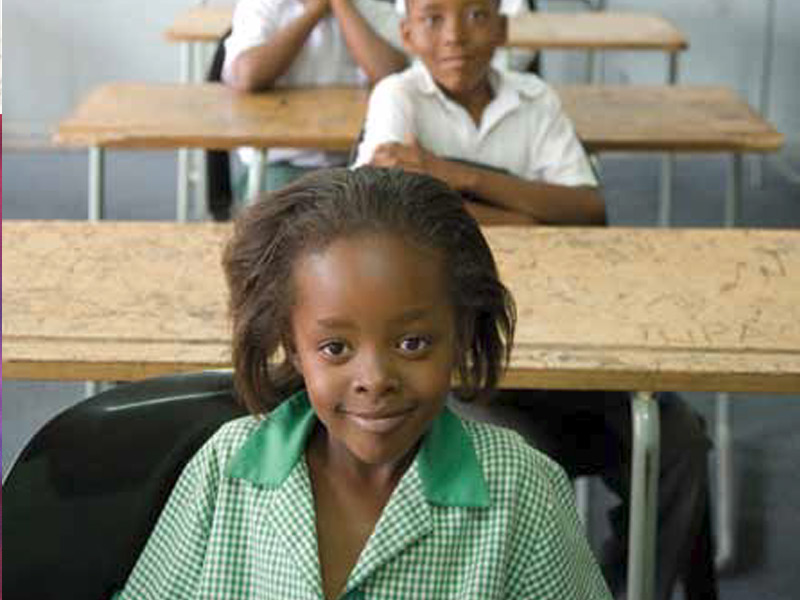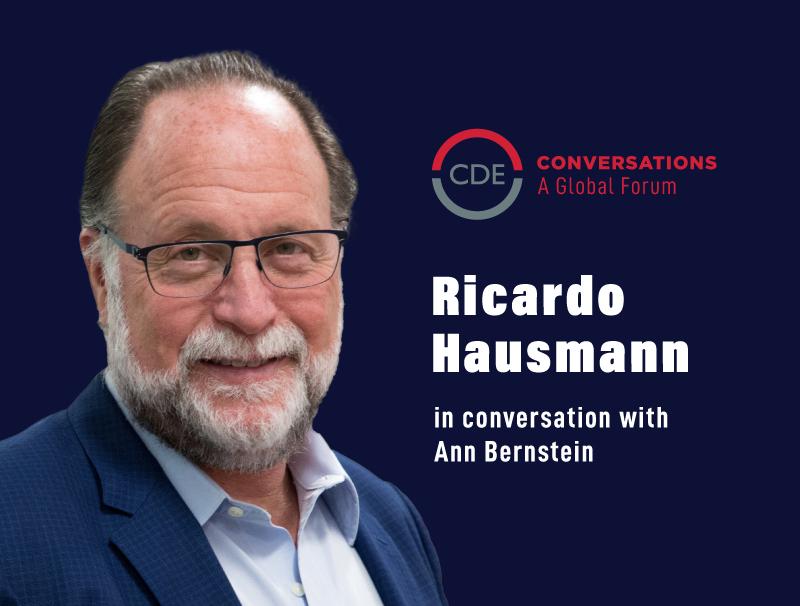Key Points:

- The growth of low-fee private schools catering for poorer sectors of the population is a significant development in South African education. Private schooling for the poor is a global phenomenon that is gaining massive momentum in developing countries, but its emergence in South Africa has been insufficiently recognised.
- In a ground-breaking study on 117 low-fee private schools, which used performance tests for Grade 6 learners, CDE found that private schools are no worse than public schools, and significantly better in some areas. This contradicts the widespread belief that many schools are ‘fly-by-night’ institutions.
- Most of the schools we visited were founded by entrepreneurs who were responding to a clear demand for better schools in the poorer parts of South Africa. This shows that parents are taking the initiative to access better schooling for their children.
- Parents see private schools as being more accountable for learner performances. Low-fee private schools vary in quality, but the fact that they are under pressure to attract customers means that they regard performance as a key priority, and constantly strive to improve.
- The main aim of future policy reforms should therefore be to build up an enabling environment in which quality schooling will expand, regardless of whether the providers are public, private, or a combination of both.
Press release: Low-fee private schools in SA a growing phenomenon



